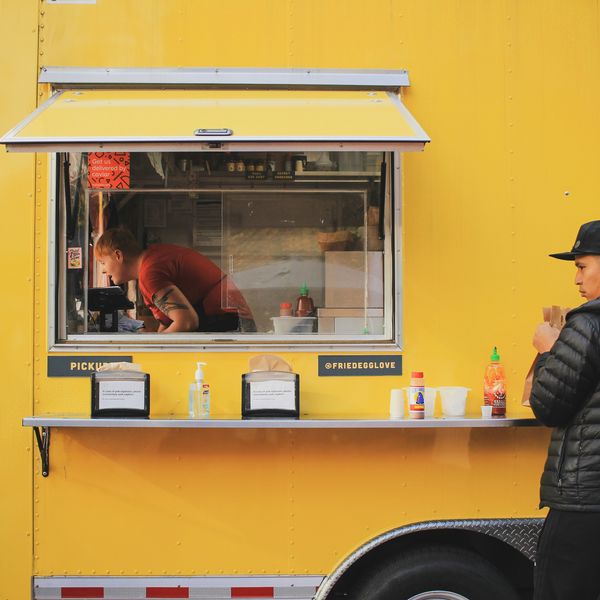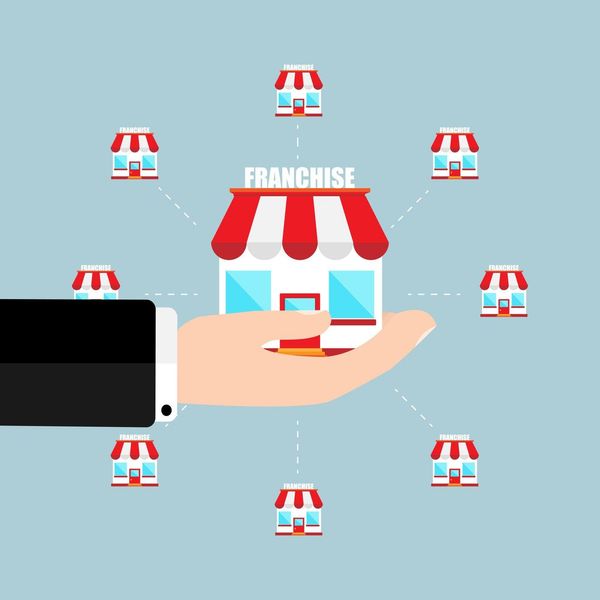
How to Get the Most From a Franchise Training Program
Normally, when you start a business you have to rely on your own expertise and knowledge. But when you buy a franchise, the franchisor has a training program already in place to familiarize you with the product and/or service, along with the franchise's way of doing business.
A franchisor's training program is one of the major benefits of franchising. It allows you to learn new skills rapidly, and after you're in business, ongoing training is provided to reenforce those skills.
Before investing in a franchise, be sure the franchisor offers a comprehensive training and support program. This information should be outlined in the Franchise Disclosure Document (FDD). In addition, be sure to talk to current franchisees to learn about the quality of the training.
What should be included in an initial franchise training program?
A good basic franchise training program should cover these topics:
- What you need to know about the product or service
- How to find the right real estate
- Dealing with leases, permits, and building design
- Hiring and managing employees
- How the franchise conducts marketing and merchandising
- How to do the business accounting
- Where to get supplies and inventory
- Getting the equipment you need for the business
Most training programs begin with intensive basic training that is conducted at the franchisor's headquarters and usually in a classroom setting. An essential part of all franchise training and support is the operations manual. Along with detailing the various aspects of the business, a comprehensive manual documents every step a franchisee needs to take in the development and operations of his or her new business; it also sets the standard of operations that the franchisor expects from its franchisees. An outline of the operations manual is normally included in the FDD.
In addition to the initial basic training, most franchisors offer on-site training. This means that representatives of the franchisor come to your business site and guide you through your grand opening. This allows you to get hands-on training so that you become comfortable with the day-to-day running of your new business.
More articles from AllBusiness.com:
- 10 Signs of a Great Franchise Opportunity
- How Much Does a Franchise Cost?
- 5 Questions to Ask Before Diving Into Franchise Ownership
- Can Franchising and Innovation Go Hand in Hand?
Additional franchise training and support
Once you're up and running, most franchisors provide ongoing training and support. This support can be provided through phone support, newsletters, meetings, field operations support, and additional training sessions (particularly advantageous when the franchisor releases new products and services).
Another area of training and support involves franchise advisory groups and franchise associations:
- Franchise advisory groups are organized by the franchisor and are made up of representatives of the franchisor and franchisees. They help the franchisor make decisions, voice complaints, and improve the relationship between franchisor and franchisees.
- Franchise associations are usually independent organizations with their own rules and membership requirements. Franchisees pay dues to support the activities of the association, which can include various forms of support and training.
When a franchisor has a franchise advisory group and franchise associations, it can be a positive sign that the franchisor is paying attention to the concerns of its franchisees.
RELATED: Buying a Franchise vs. an Independent Business: What Are the Pros and Cons?



